
21 Mar, 2024
PATA Tourism Careers Forum flags the Perils and Promises awaiting Gen Z
Bangkok — On 18 March 2024, more than 1,500 university students of tourism, including about 700 onsite and another 800 online, attended a half-day forum organised by the PATA Thailand chapter and Bangkok University to “Fast Forward” their careers. It ended with a round of self-congratulatory applause and predictions of a bright future. But a closer look at the presentations shows that young people are not so sure. On the contrary, they harbour real concerns about their future job prospects and want this generation to act on it.
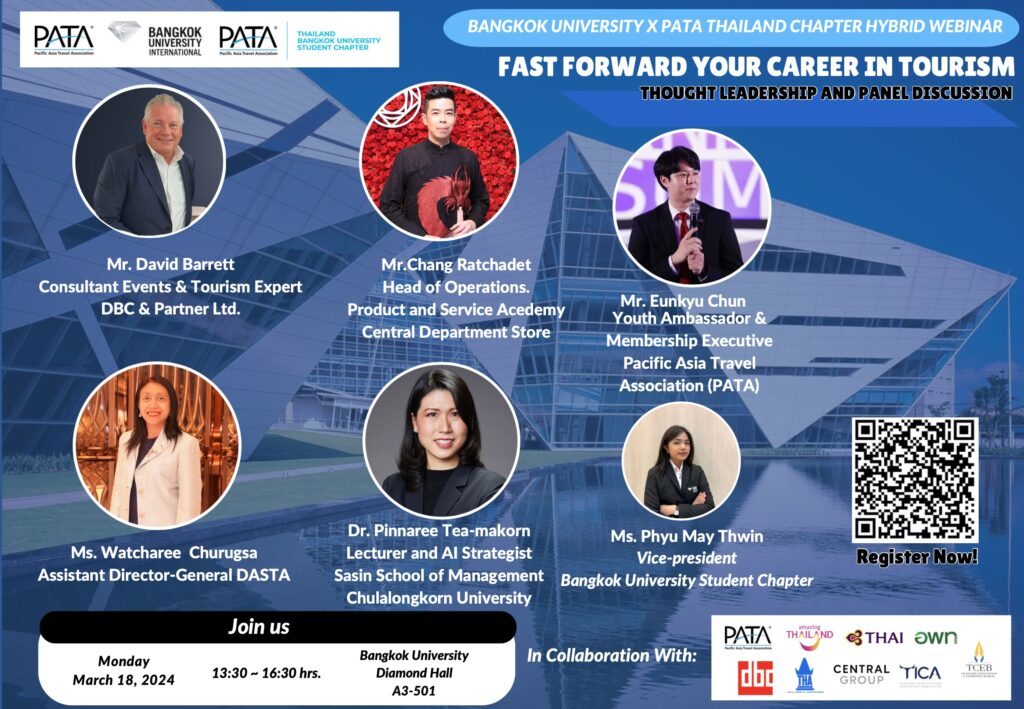
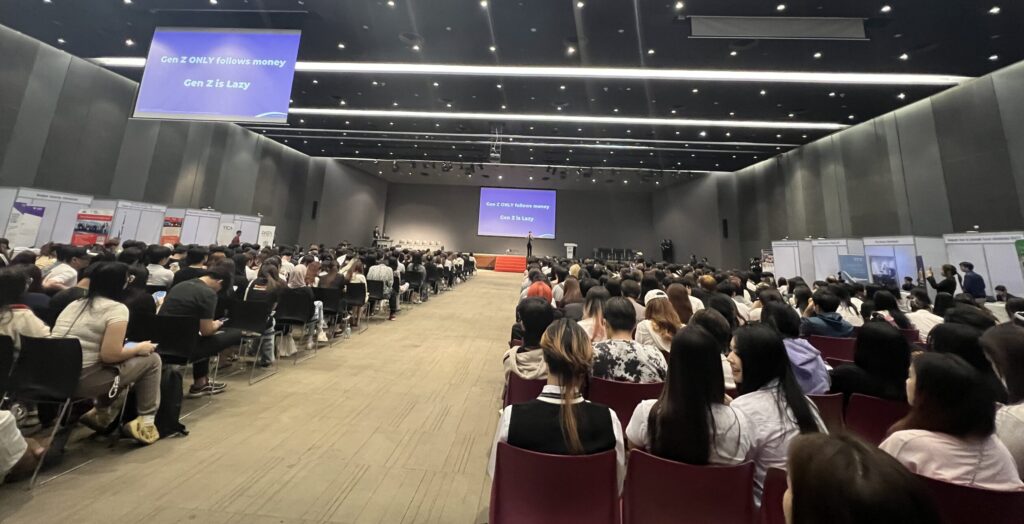 That concern was clearly communicated by Mr Eunkyu Chun (Nick), PATA’s Youth Ambassador & Membership Executive. In the introductory presentation, the upcoming 29-year-old Korean now living in the Philippines flashed up the results of a survey question posed to young people on their plans to stay in the industry and what makes the industry less attractive for them. Of the 84 respondents, the vast majority (49%) cited the “unpredictable future of the industry.”
That concern was clearly communicated by Mr Eunkyu Chun (Nick), PATA’s Youth Ambassador & Membership Executive. In the introductory presentation, the upcoming 29-year-old Korean now living in the Philippines flashed up the results of a survey question posed to young people on their plans to stay in the industry and what makes the industry less attractive for them. Of the 84 respondents, the vast majority (49%) cited the “unpredictable future of the industry.”
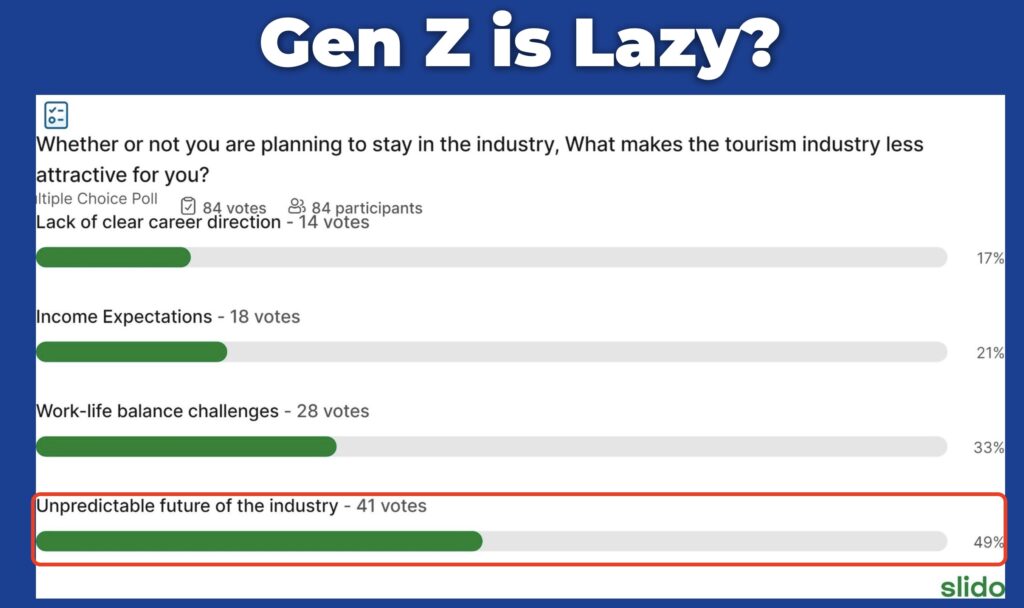
Why is the future “unpredictable”? The answer emerged not in the presentations during the forum but in an earlier one by a senior official of the Tourism Authority of Thailand to the PATA Thailand chapter executive committee. This slide showed exactly why the industry is in an unpredictable stage.
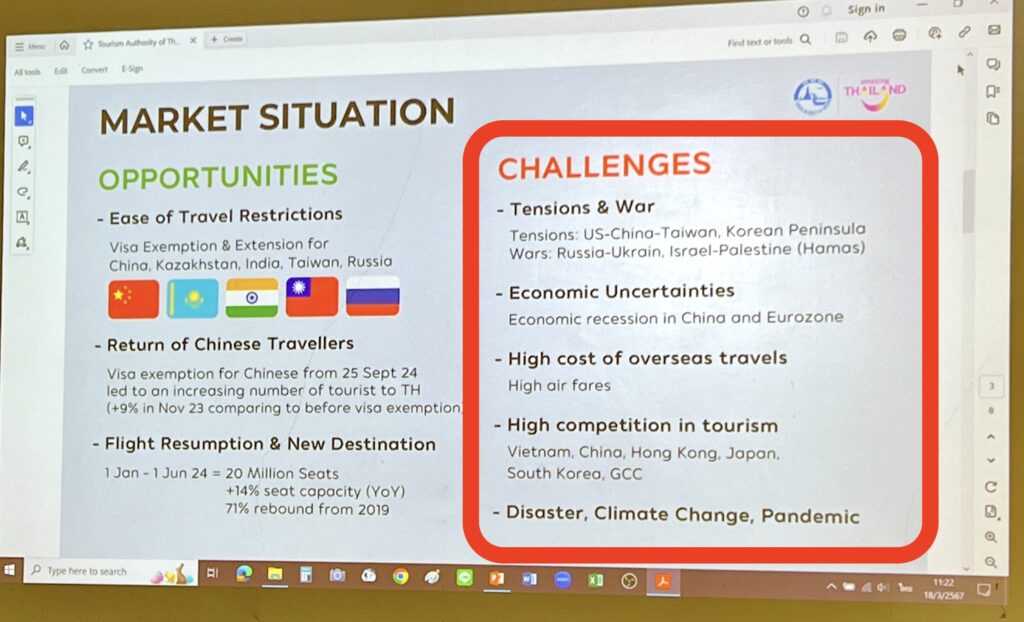
Mr Chun’s presentation reinforced the TAT’s. It clearly reflected the voice of the Young Generation.
He asked what attracts them to a career in Travel & Tourism. The answers (see slide below) clearly distinguish Travel & Tourism from other economic sectors which offer none of those. Gen Z is not in it just for the money. Nor are they lazy and self-centred.
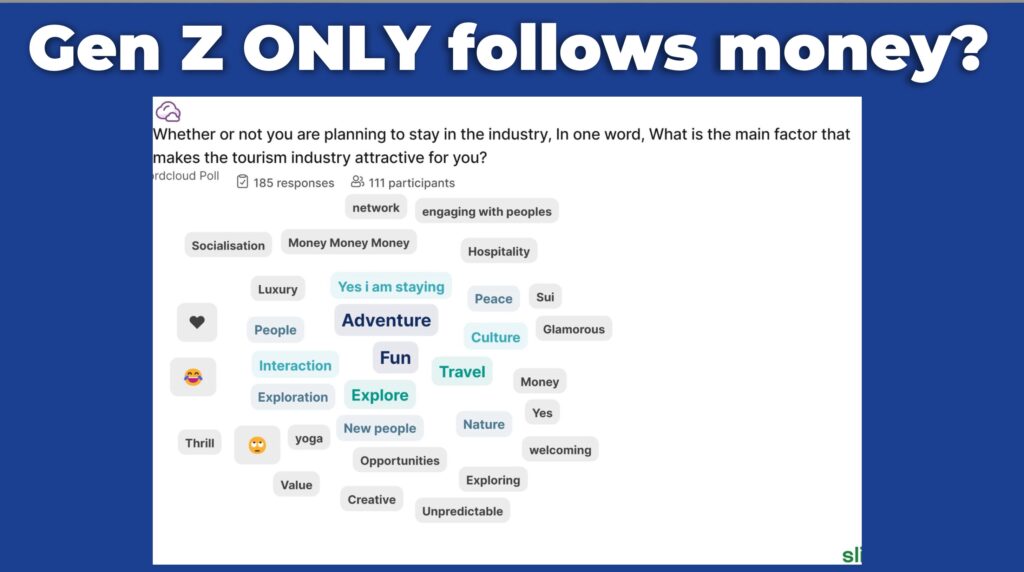
Mr Chun asked for a random survey via a show of hands. How many would like to become just researchers? Only 3 hands went up. He then asked how many would go into sustainability? Only six hands went up.
He then flashed up more slides sending an equivocal message to the audience which included the PATA Thailand Executive Committee and some special guests, the President of the Thai Hotels Association Mrs Marisa Sukosol Nunbhakdi and the President of the Thailand Incentive & Convention Association Mr Sumate Sudasna. The executive directors of both the THA and TICA were also present.
He told them the following: 
He also showed another slide contrasting the industry’s constant fretting about the “lack of talent” against the Next Generation’s desire to address the “lack of opportunities.”
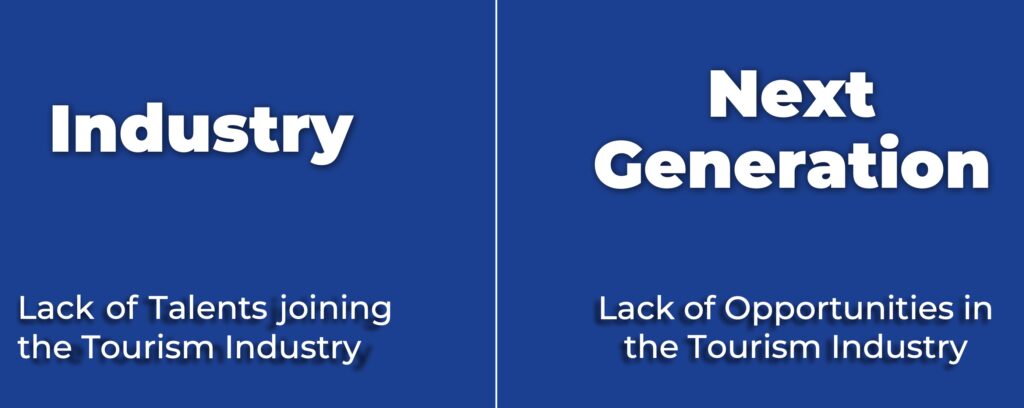
Mr Chun’s survey results about the “unpredictable” state of the union were further reinforced by another speaker Dr Pinnaree Tea-makorn of Sasin School of Management, who talked about another current buzzword: the impact of AI. Today’s students are more than familiar with AI. Prof Pinnaree asked how many had used ChatGPT? About 50 hands went up, some of them hesitantly.
She flagged how AI would change just about everything in Travel and Tourism, from customer experience to operations and marketing to security and sustainability. One slide showed a human-free hotel lobby. Effectively, her message was that everything the students were learning in university today will be pretty much obsolete by the time they finish.

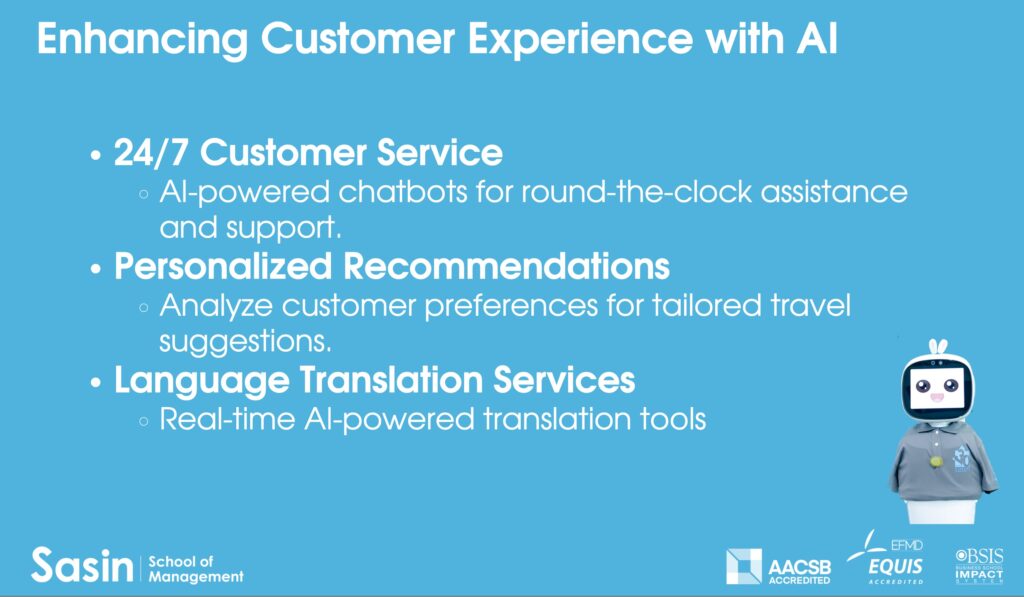
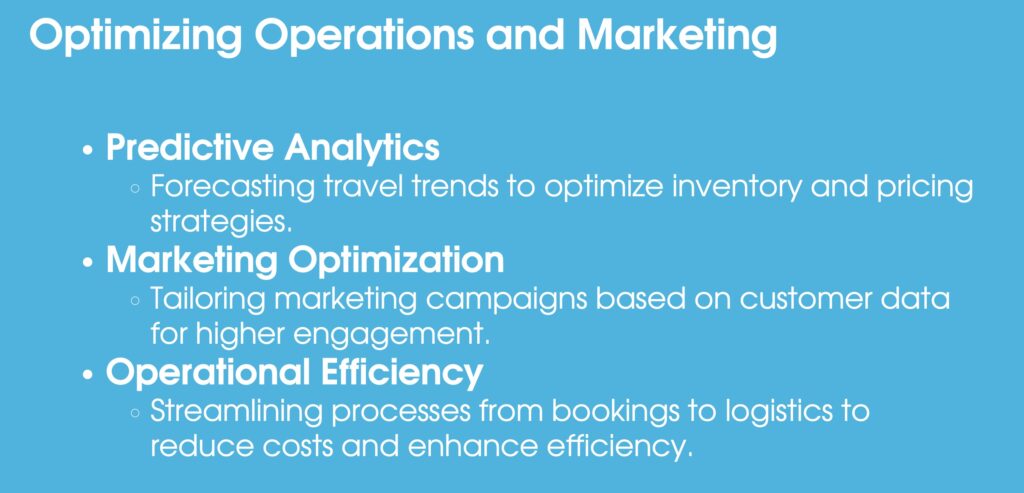
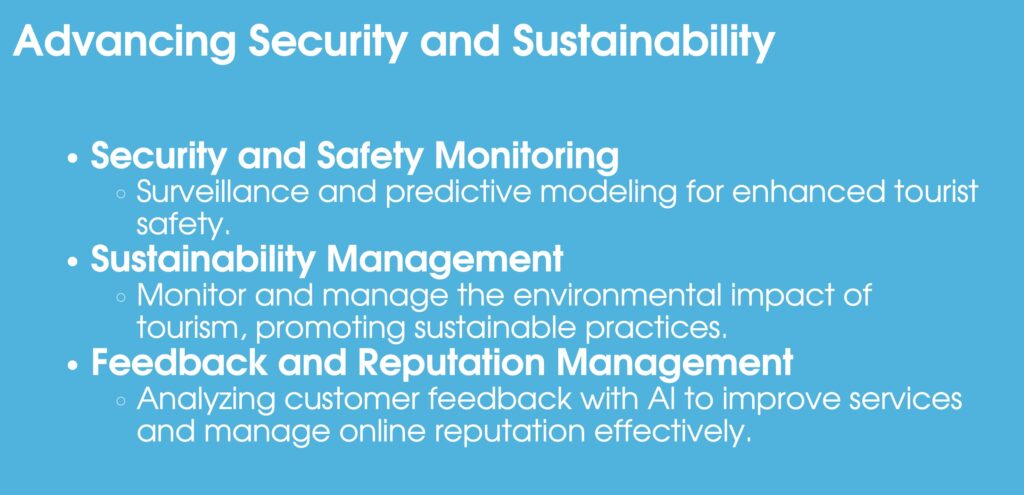
Another speaker, marketing expert Mr David Barrett, also asked for a show of hands: How many young people DON’T like to travel? Not a single hand went up.
He talked about how the world has changed since his days and how it could change in future. He flashed up slides showing what lifestyles and technology were like in the 1970s, when he was a teenager – bell-bottom trousers and push-button telephones.

No-one would have imagined what life would be like today with mobile phones and the internet, he said. If it has changed that much in just 40 years, imagine how it is likely to change in the next 40 years. He told the students to start preparing for an era of space travel, possibly even to other planets.

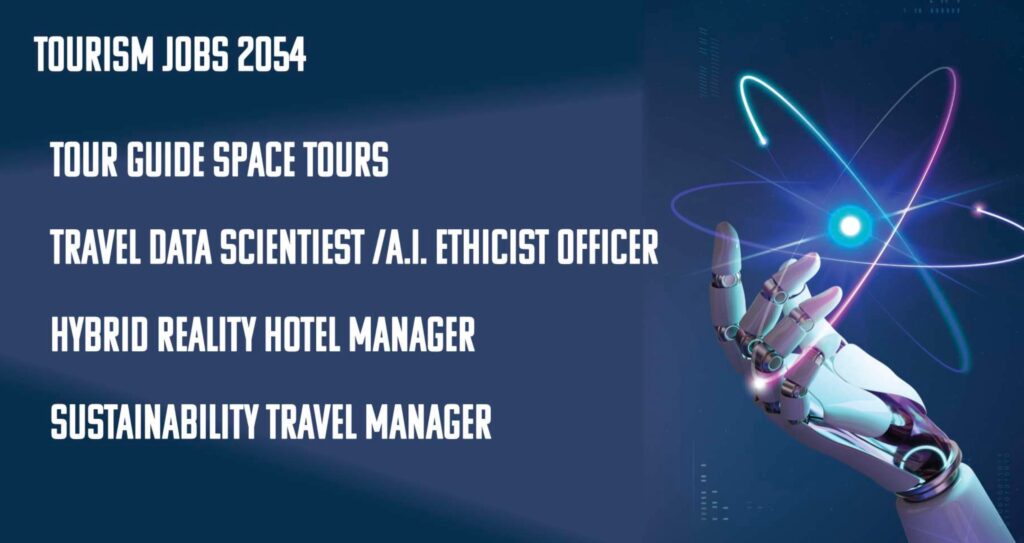


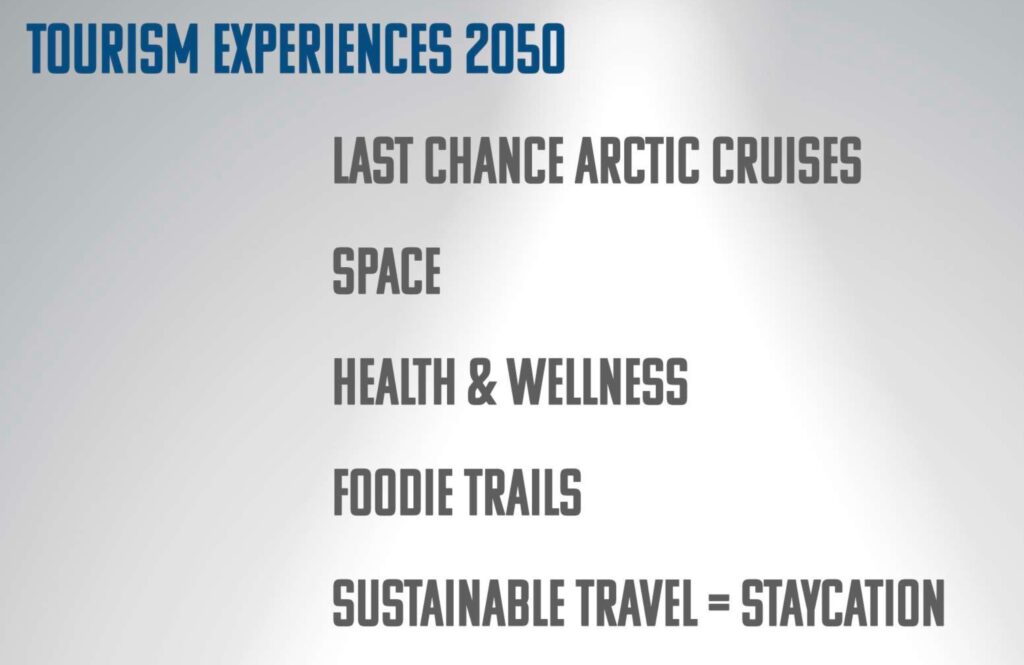

More near-term emerging opportunities were shown by Mr. Ratchadet Suksin of Central Department Store and Ms. Watcharee Churugsa of DASTA. They highlighted niche-market trends not directly in tourism but in related sectors such as fashion and sustainability.


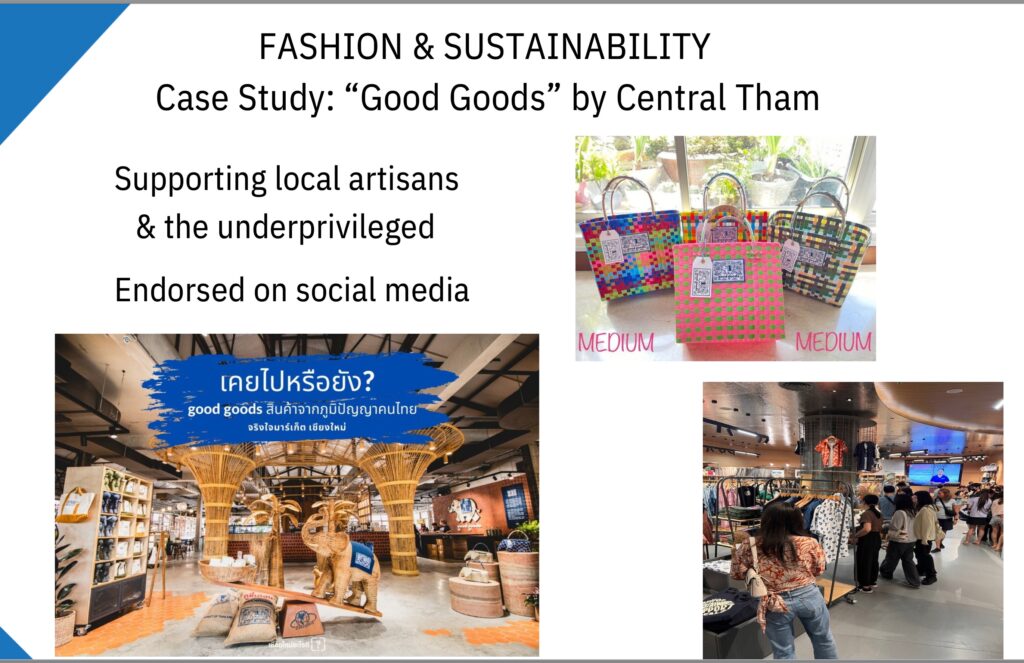
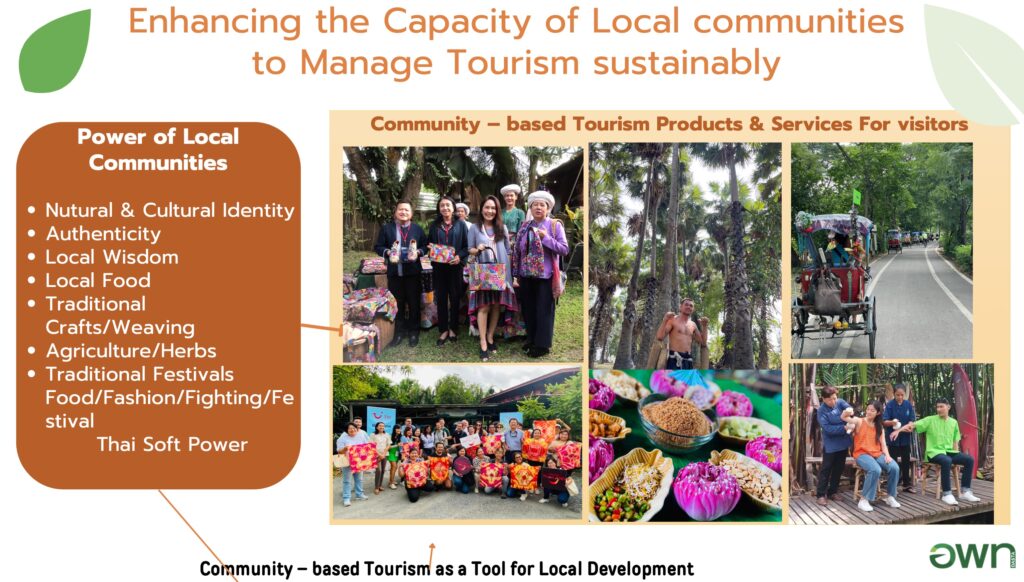
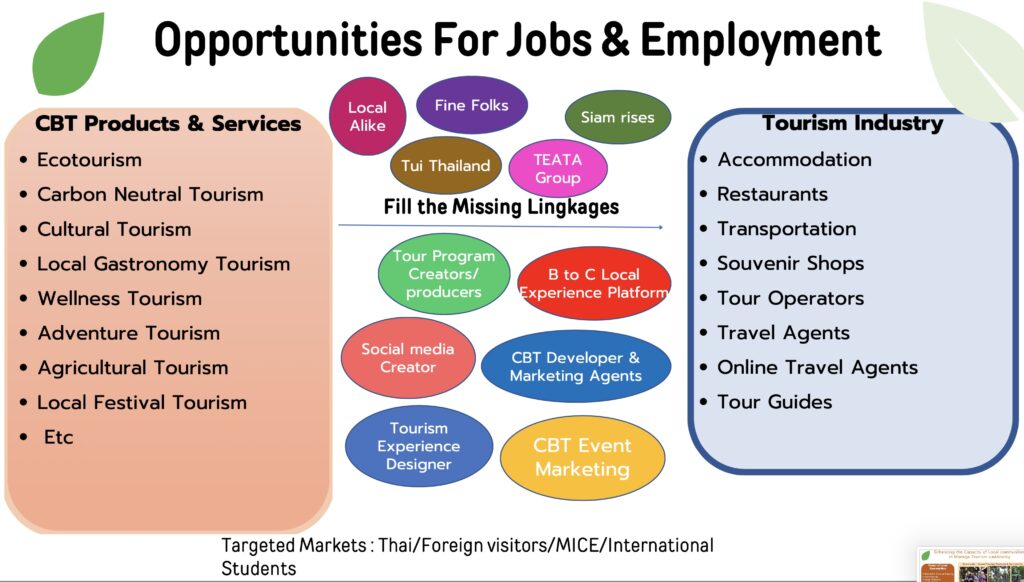
All the presentations were rosy and upbeat. None addressed risks and threats posed by the “unpredictable future of the industry”.
Mr Barrett came close, but missed the opportunity. He reminded the young people of the importance of learning from the past, and flashed a slide of genius physicist Albert Einstein who had advocated exactly that. He juxtaposed Prof Einstein’s image with that of this writer who is echoing the same message via lectures on the fascinating history of Thai tourism.
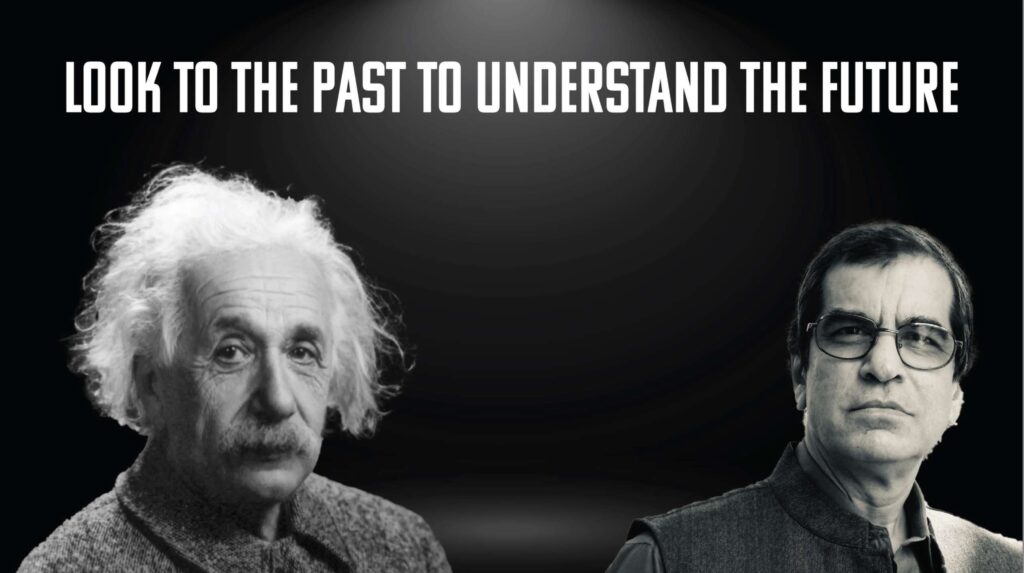
But in his flashback to the 1970s, Mr Barrett overlooked the most historic positive geopolitical development of that decade, the end of the Indochina wars. Peace prevailed after the guns fell silent in the late 1970s, thanks to a robust, crusading media which reported the brutality of war and exposed the lies of the establishment, triggering the massive anti-war protests by the bell-bottomed young people.
It was this prevalence of peace and the end of Unpredictability, Instability and Uncertainty which laid the foundation for a massive investment in infrastructure and opened the door for tourism to become a catalyst for alleviating post-war poverty and speeding up economic recovery.
Today, just under 50 years later, wars are back with a vengeance. Media freedom is dying, and anti-war protests are not doing any good. This return of the Age of Unpredictability is being aided and abetted by technology which has already undermined privacy and individuality and now poses a clear risk to human rights, freedom and democracy.
That dangerous downward trend will make the future of Travel & Tourism even more unpredictable.
And the young generation knows it.
So the key underlying message of the forum was that while changing times will create many new job opportunities, industry leaders are failing to recognise the very real and growing risks and threats to those jobs. Instead, they are sweeping them under the carpet and painting an unrealistically imbalanced picture of a bright future.
If this generation truly and honestly wishes to “fast forward” the careers of Gen Z, the rose-tinted glasses will have to come off. As Mr Chun highlighted in bold capital letters in his slide: YOU NEED TO TAKE ACTION.

That means making the world peaceful, stable and safe. That would give the young people the best assurance of future job prospects and live up to the true meaning of sustainability.



Liked this article? Share it!